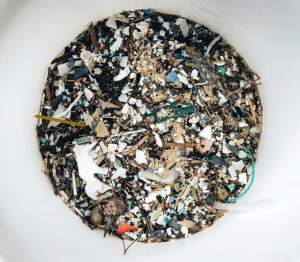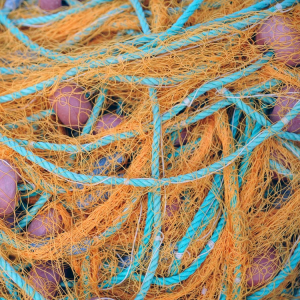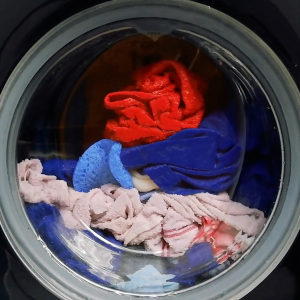Glaukos project, in collaboration with the EuBioNet, is organizing a multistakeholder workshop “Tackling microplastics pollution: can biodegradable textile and coating be a solution?”, which will take place online on 20 June 2022 from 10.00 to 13.00.
CONTEXT:

Microplastic pollutions is becoming one of the world’s environmental main concerns, since is widespread in the environment threatening human health[1] and biodiversity. The European Green Deal (EGD), the new Circular Economy Action Plan (CEAP) and the EU Plastics Strategy announce measures to tackle pollution from microplastics that are intentionally added or unintentionally released into the environment (from e.g. synthetic textiles). According to the EU Action Plan ‘Towards Zero Pollution for Air, Water and Soil’ states that by 2030 the EU should reduce plastic litter at sea by 50% and microplastics by 30%[2]. The Mission “Restore our Ocean and Waters” ambition is to meet these objectives and targets to restore the health of the EU’s ocean and waters by 2030.To respond to these challenges, there is an urgent need to explore innovative solutions to address microplastic pollution. Biodegradable plastics can play a role in reducing the accumulation of microplastics in the environment, especially for applications where it is difficult or expensive to remove it from the environment, but, according to the SAPEA Group of Chief Scientific Advisors[3] “biodegradable plastics are not a ‘silver bullet’ to solve the problem of plastic pollution”, since they also present certain challenges.The EC funded several projects and initiatives to investigate under which conditions biodegradable plastics (and microplastics) can ensure long term positive impacts on the ecosystems.
[1] https://ec.europa.eu/info/sites/default/files/research_and_innovation/groups/sam/ec_rtd_sam-mnp-opinion_042019.pdf
[2] Microplastics pollution – measures to reduce its impact on the environment (europa.eu)
[3] Biodegradability of plastics in the open environment – SAPEA


The Glaukos workshop will start with a session to frame the problem, the political scene, the business context and the market perspective. Then, there will be three sessions with some “setting the scene talks” in order to stimulate the discussion along the following specific life cycle stages:
- safe and sustainable by design
- purchase and usage
- end of life
EXPECTED OUTCOMES:
- scientific/research community
- policy makers
- textile and coating industries
- multipliers and innovation ecosystem enablers (associations, clusters, NGOs, Institutions, initiatives, etc.)
- Investors
- standardisation and certification bodies
- civil society representatives
TARGET PARTICIPANTS:
- scientific/research community
- policy makers
- stakeholder related to fishing and clothing (primary sector, industries, SMEs, retailers)
- multipliers and innovation ecosystem enablers (associations, clusters, NGOs, Institutions, initiatives, etc.)
- Investors
- standardisation and certification bodies
- civil society representatives
HOW TO PARTICIPATE:
The workshop is free of charge.
To participate, please register at: https://forms.gle/eNnubap8H5Xvjd6q6
You can find the Agenda at this link.
For more information: Selenia Marinelli: marinelli@fvaweb.it
